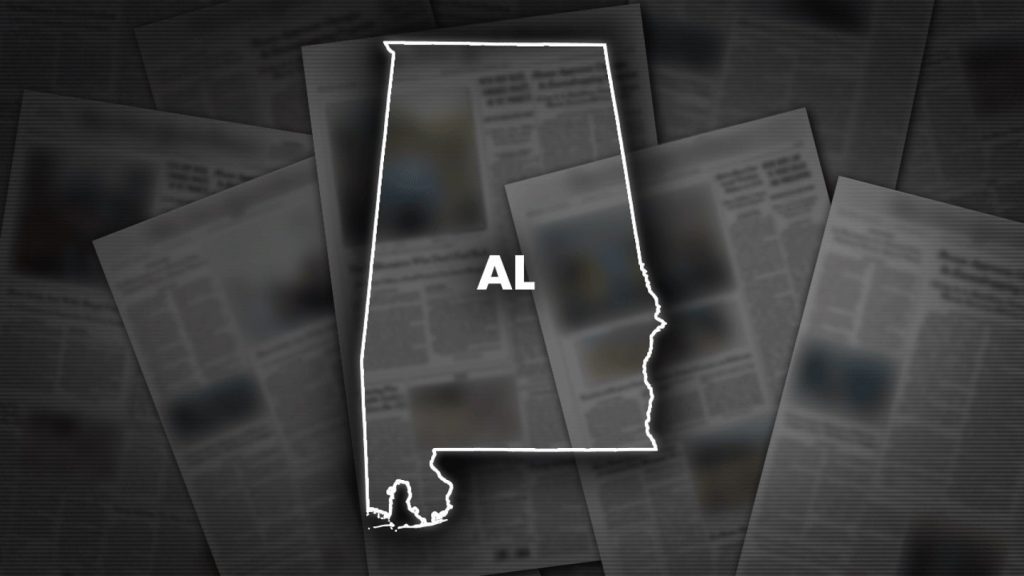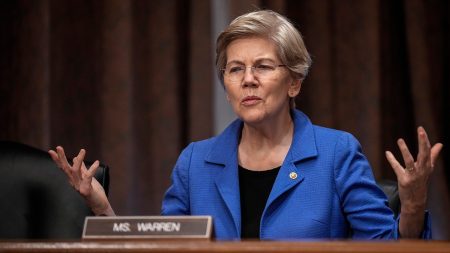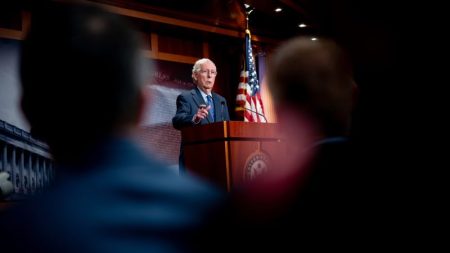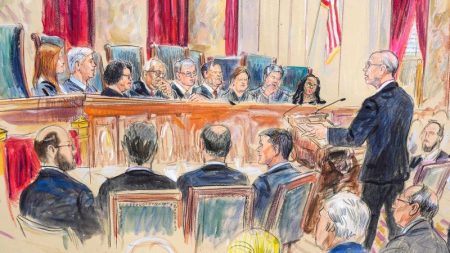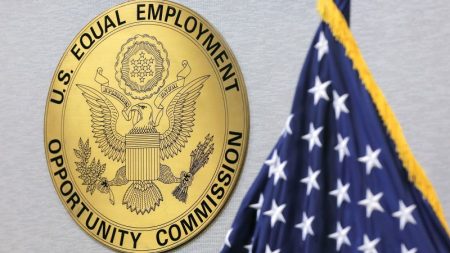Alabama lawmakers passed legislation that could lead to librarians being prosecuted under obscenity laws for providing “harmful” materials to minors. The bill, which was approved by the Alabama House of Representatives, aims to protect children from exposure to inappropriate content, including sexual or gender-oriented conduct in K-12 public schools or public libraries. Supporters of the bill argue that it is necessary to safeguard children, while opponents fear that it may infringe on librarians’ freedom to make decisions on book selection and programs.
The bill would require librarians to remove material or cease conduct that violates obscenity laws within seven days of receiving a written complaint from the public, or face misdemeanor charges. Critics of the legislation argue that it could be used to target and prosecute librarians based on personal disagreements with their decisions, rather than any criminal intent. The President of the Alabama Library Association expressed concern that the bill would undermine the professionalism of librarians and could result in legal challenges if it becomes law, noting that libraries already have established procedures for addressing content concerns.
The current climate around book challenges in libraries is unprecedented, with a surge in efforts to censor LGBTQ content and ban drag queen story readings in various states. The Alabama Library Association president pointed to multiple challenges to books related to gender identity and other diverse topics that have occurred at his library, emphasizing the importance of serving the entire community. Republicans who support the bill argue that it only removes immunity from K-12 and public libraries under obscenity laws and sets clear limits on when prosecutions can occur. The bill’s sponsors stress that it is aimed at protecting children from exposure to inappropriate content, rather than infringing on First Amendment rights.
Opponents of the bill, including Democratic lawmakers and library professionals, criticize the potential impact on librarians’ autonomy and the broader implications for freedom of expression. Concerns were raised about the vague language in the bill that could be misused to target individuals based on subjective interpretations of what constitutes inappropriate or provocative conduct. Democrats argued that the bill could be abused to harass individuals dressed in costumes or wearing certain clothing, violating their constitutional rights. Despite efforts to clarify the bill’s scope and intent, critics remain skeptical of its potential consequences for censorship and criminalization of library materials.
The legislation reflects a broader pattern of conservative-led efforts to restrict access to certain materials and programs in libraries, with similar laws proposed in other states such as Arkansas. The bill in Alabama signals a shift towards increased regulation and oversight of library content, particularly concerning LGBTQ themes and diverse perspectives. The escalating conflicts over book challenges and library programming highlight the ongoing debate between proponents of children’s protection and advocates for intellectual freedom and diversity in library collections. The outcome of the bill in Alabama, as well as potential legal challenges, will have significant implications for the future of library services and the rights of librarians to curate materials for their communities.





